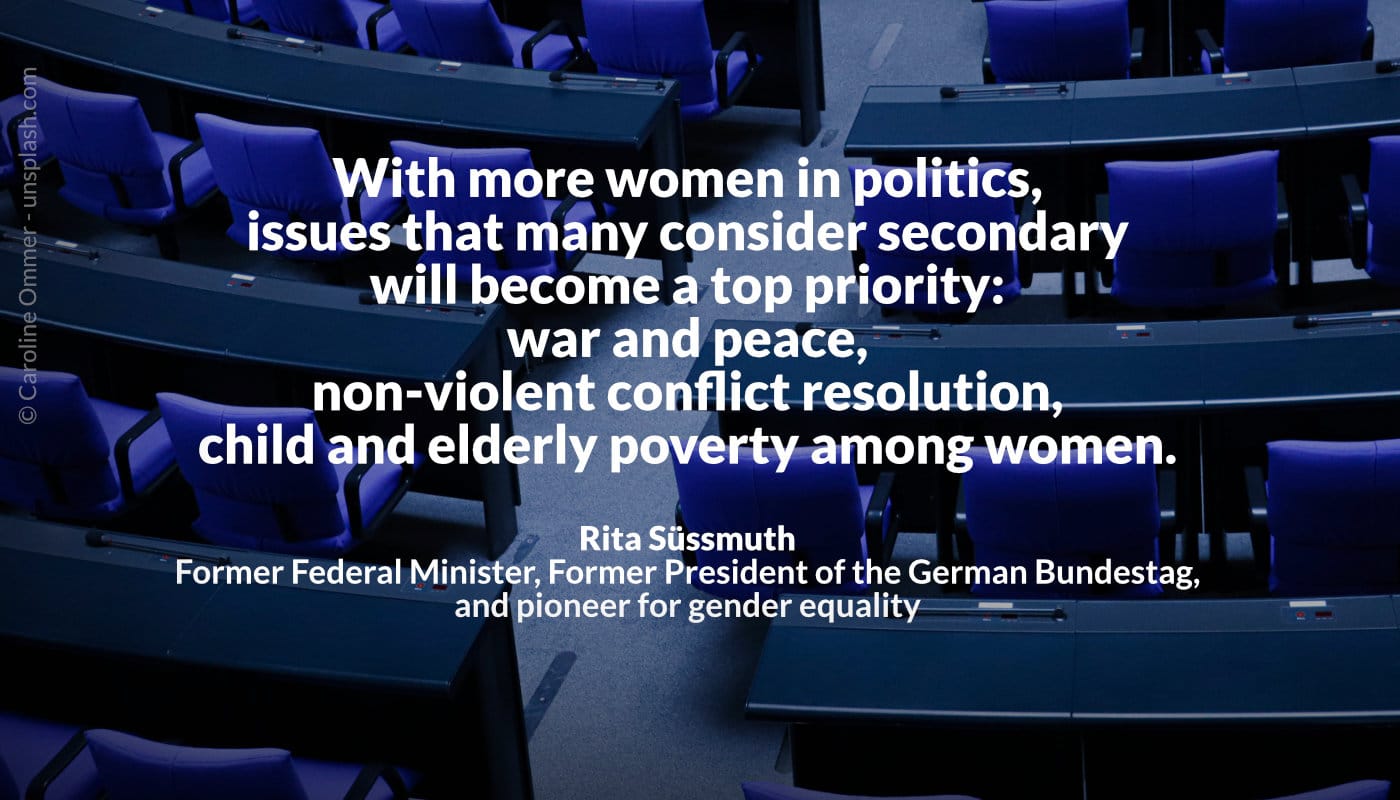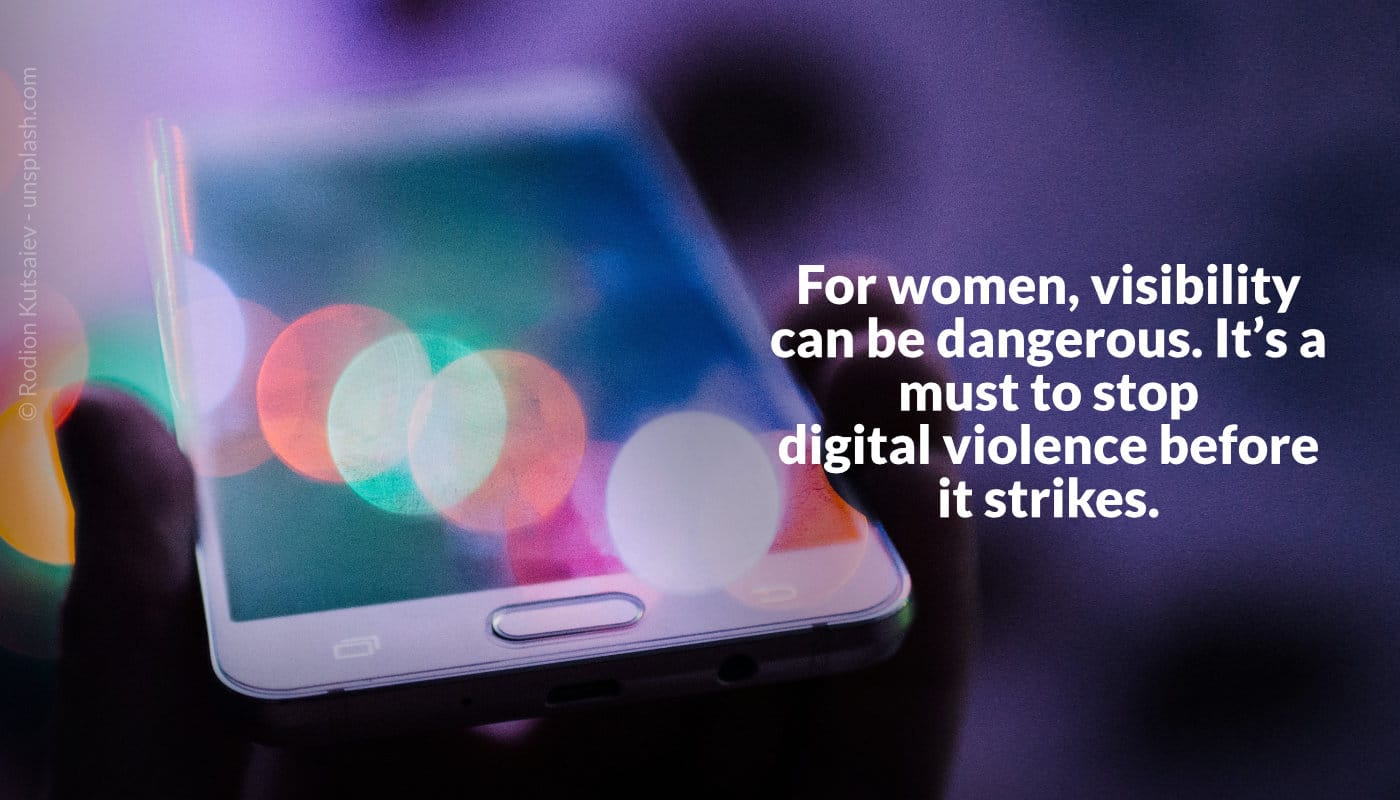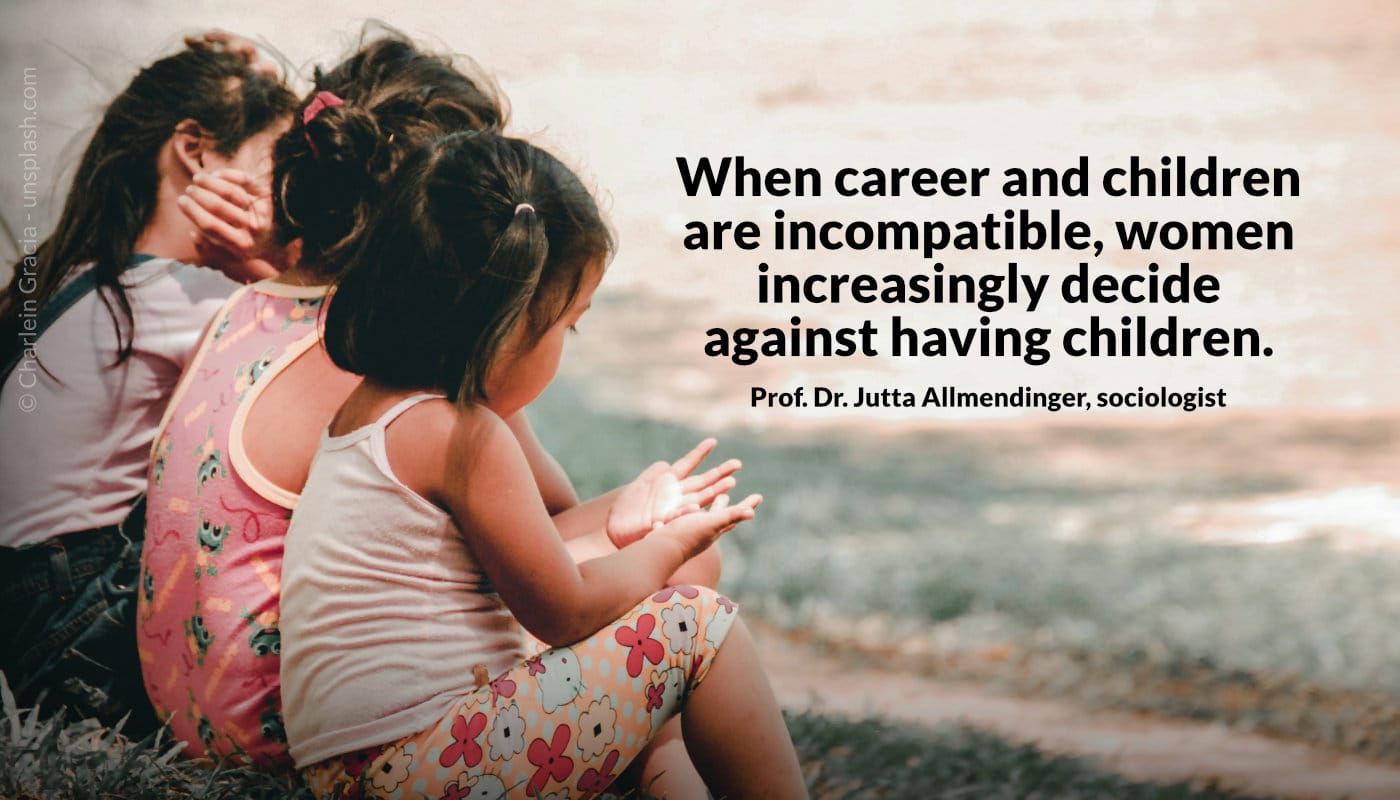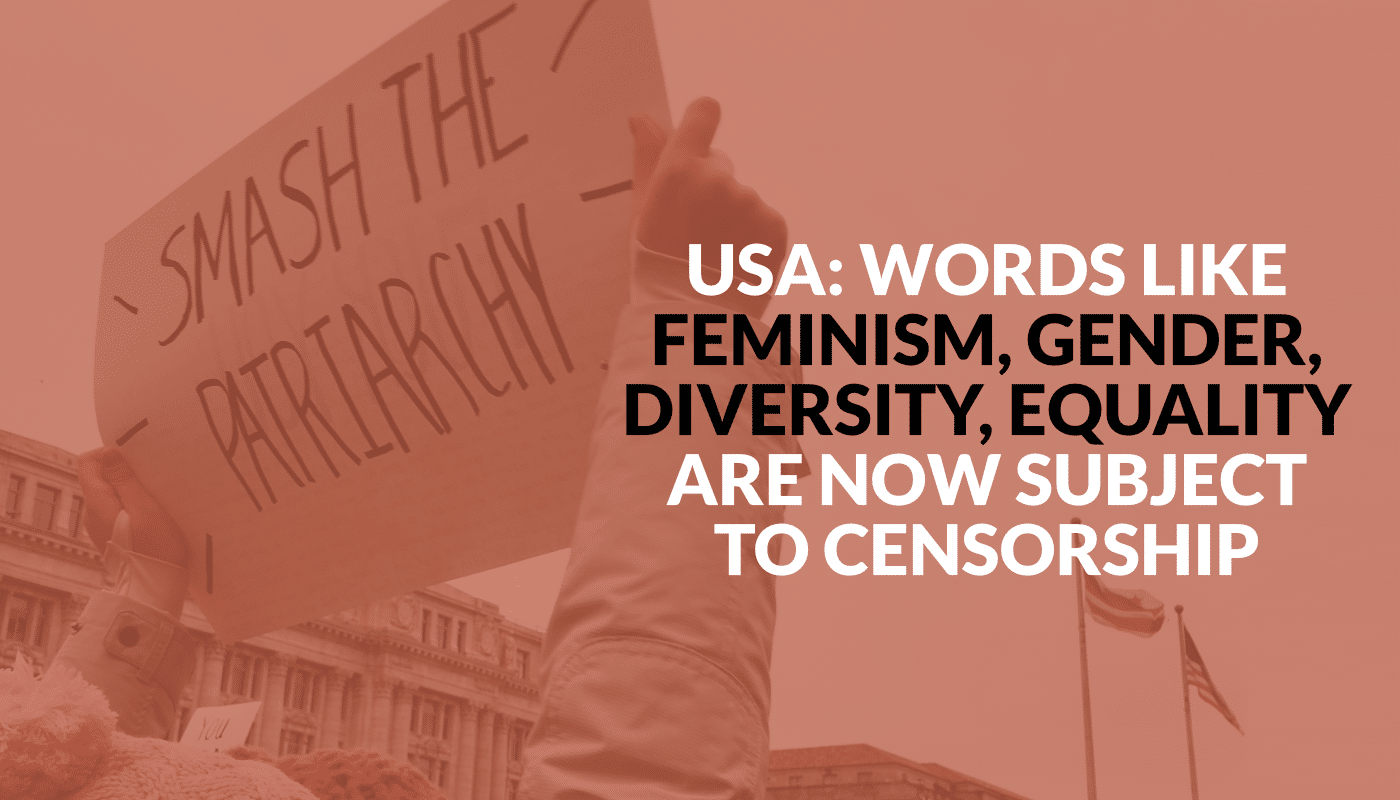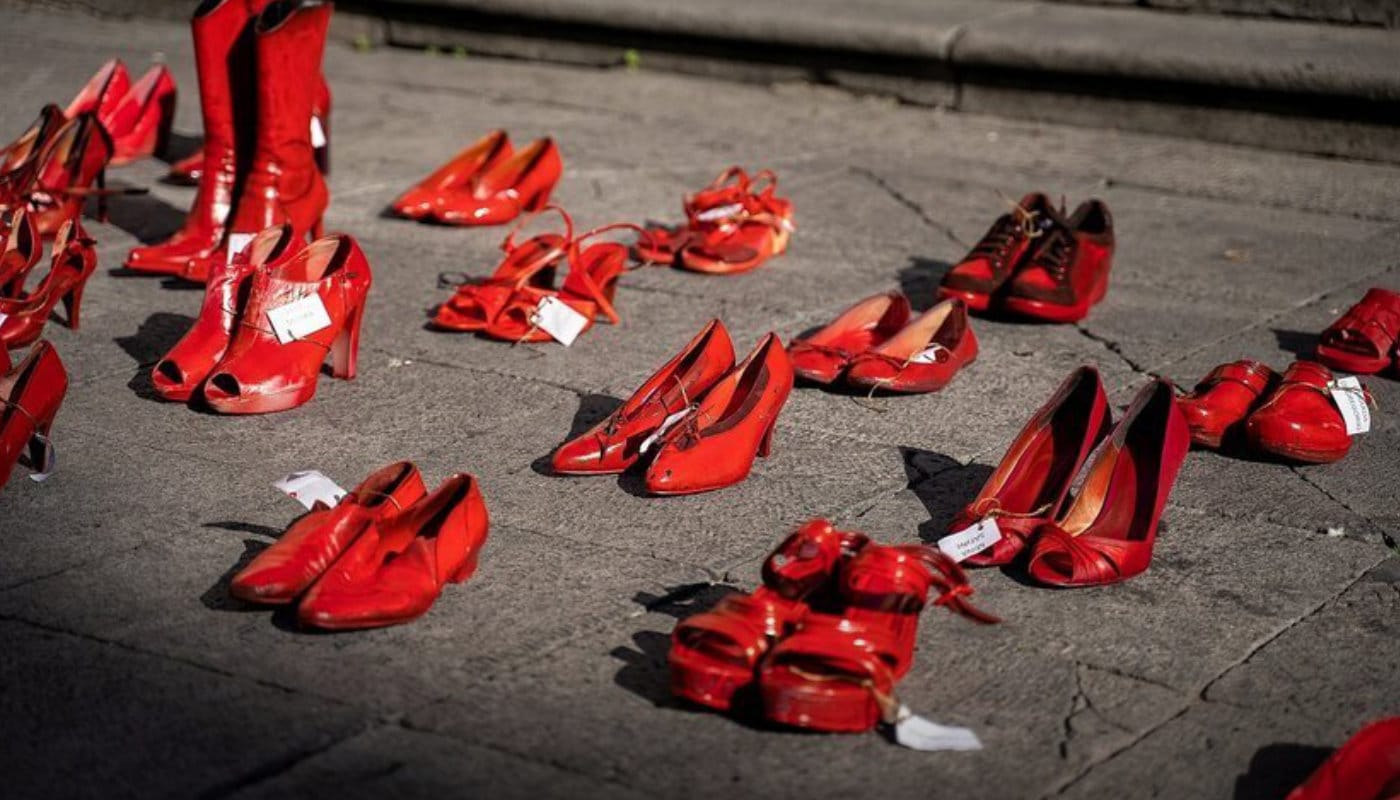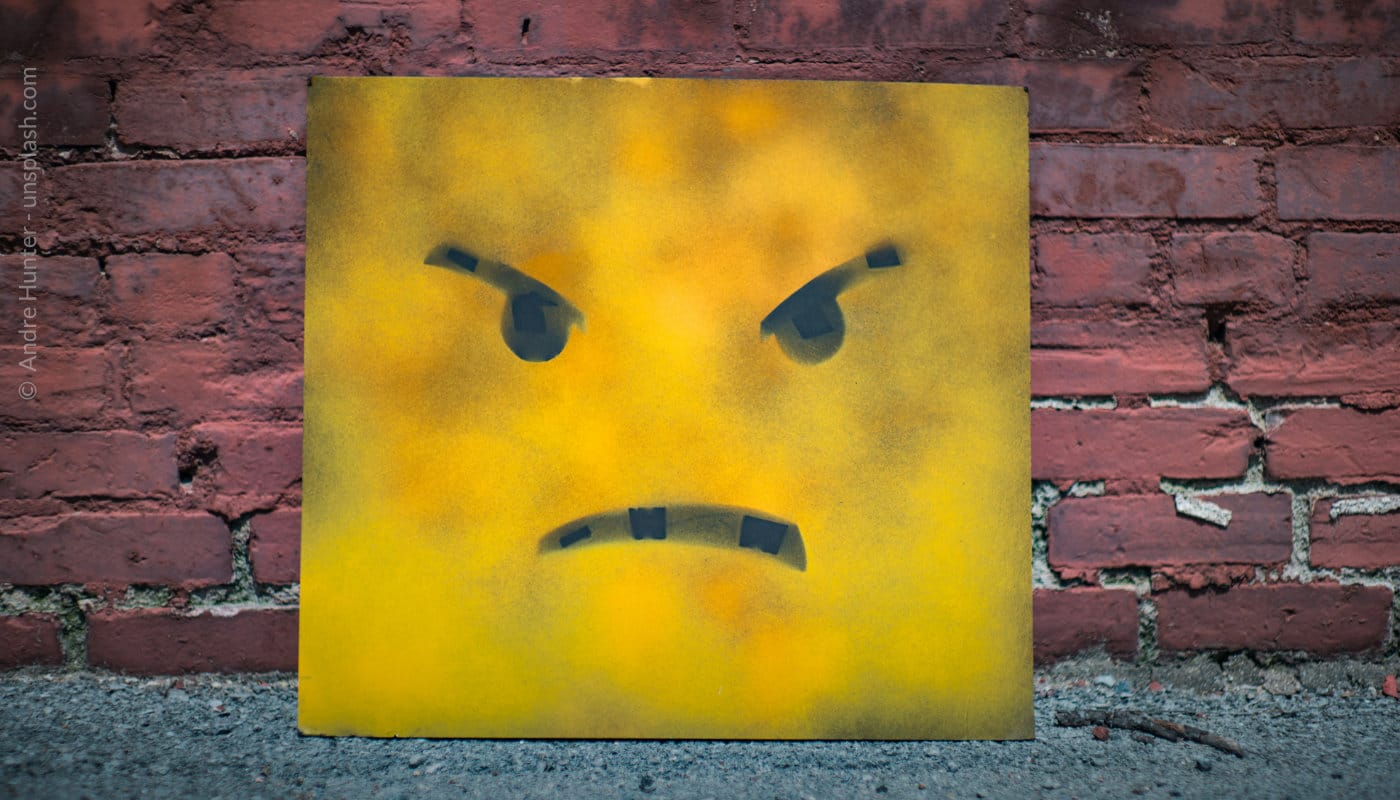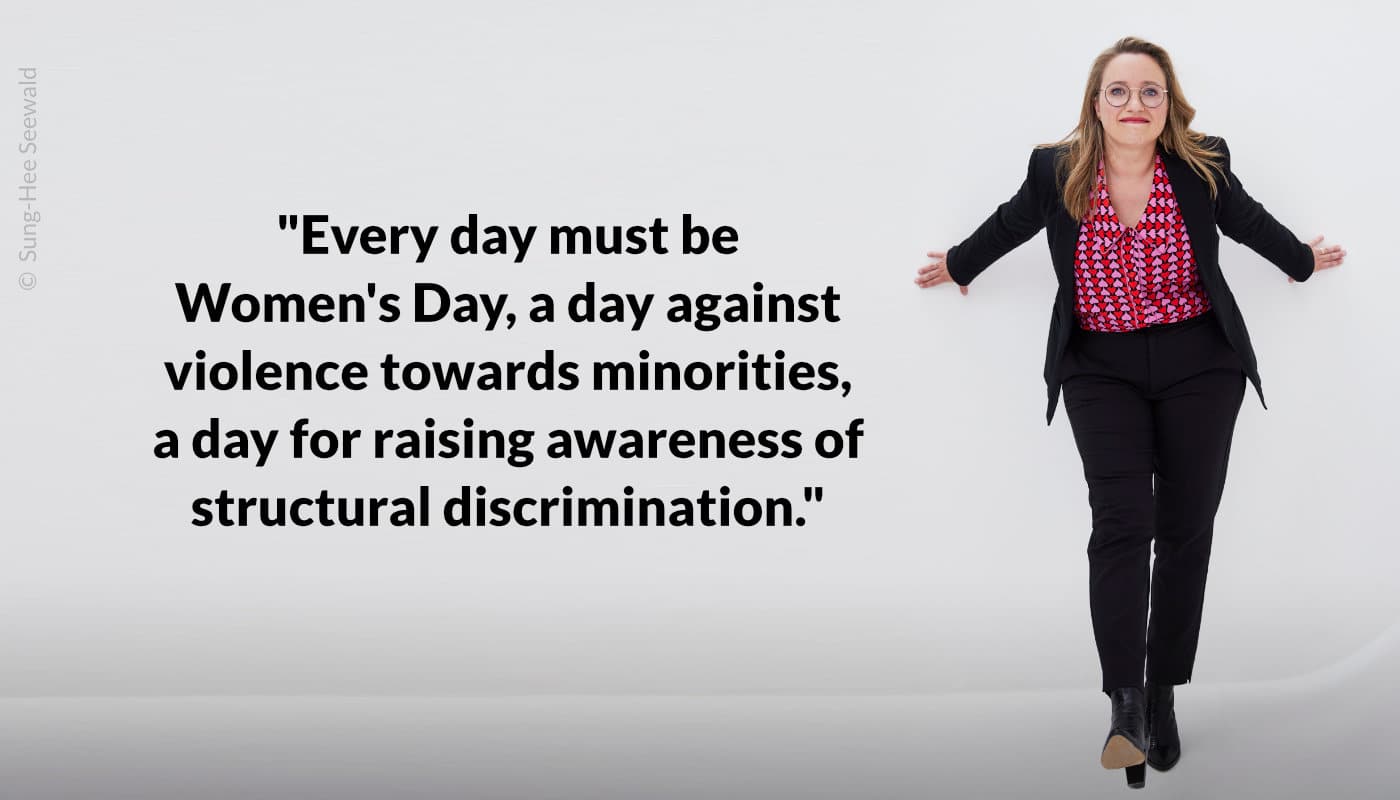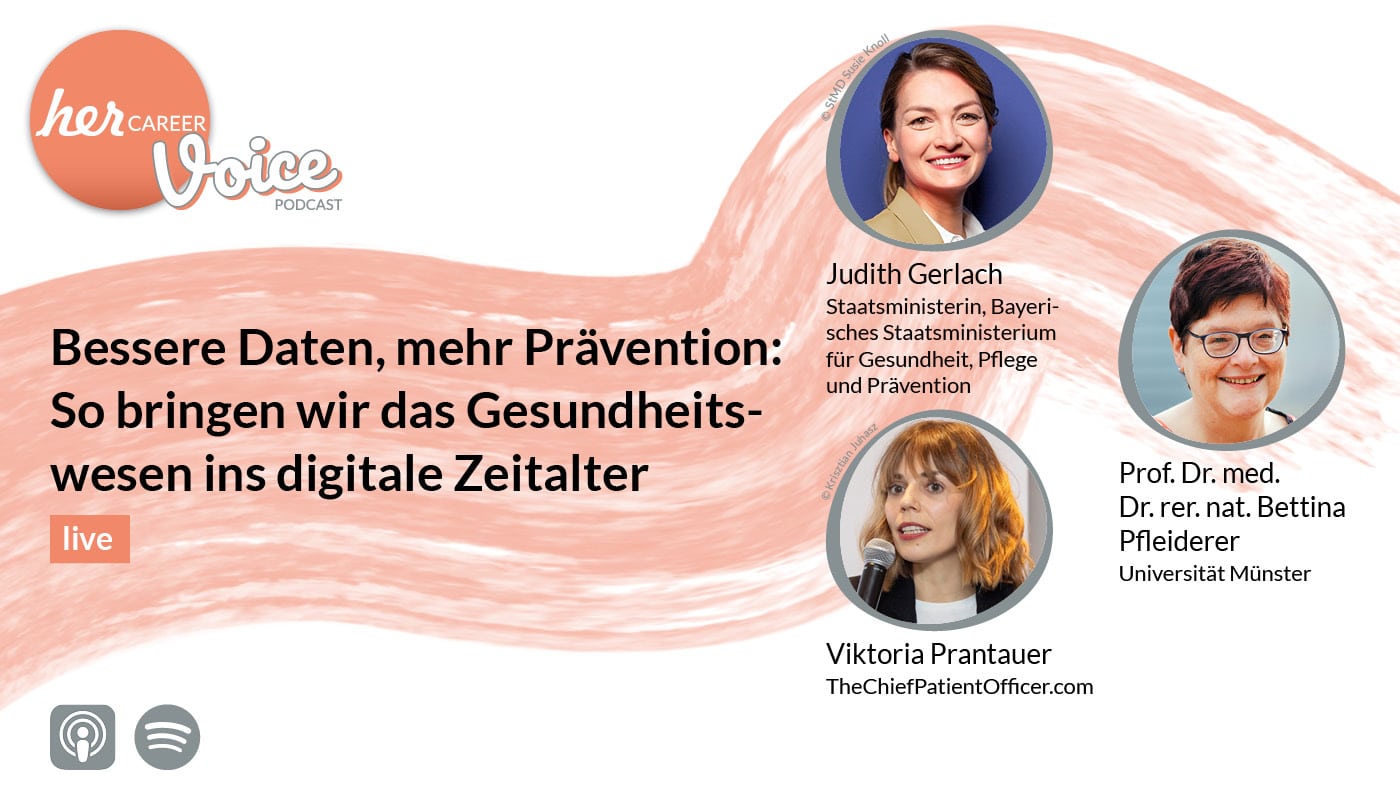According to UNICEF, one in eight women experienced physical sexualized violence before the age of 18. Incidentally, so did one in eleven boys. This occurs on all continents and across all cultures. The perpetrators are usually from the immediate environment. In addition, there is also verbal and online violence.
“We are witnessing horrific sexualized violence in conflict zones, where rape and gender-based violence are often used as weapons of war,” said UNICEF Executive Director Catherine Russell. But even in peaceful regions, the numbers are high. In Germany, almost 500 women experienced domestic violence every day last year, and 155 were victims of femicide by their (ex-)partners.
“Men are afraid that women will laugh at them. Women are afraid that men will kill them,” said author Margaret Atwood.
The indifference of other men is what enables sexual violence in the first place, writes Leo Klimm in DER SPIEGEL about the trial in Avignon against the rapists of Gisèle Pelicot: “A man becomes morally complicit if he doesn’t even care about what women endure.”
“Men, take responsibility – finally!” is the title of an essay by Fikri Anıl A., ambassador for #HeForShe. “Femicide, rape, sexism – male violence runs through our society. Yet too many men think none of this has anything to do with them. (…) You don’t need a degree to raise your voice, but justice requires literacy. We need to read about the power structures that make people scream. (…) We need to read how dependencies are created in a system that sees the problem only in men who don’t happen to be named Lukas or Markus – even though it’s about #allmen.”
In an interview with herCAREER, Franziska Saxler, author of the book “He Didn’t Even Touch You” and co-initiator of #MeTooScience, speaks about sexual harassment and the systemic patterns of abuse of power, especially in professional settings: “It’s always about one person abusing their power in a way that causes another person to suffer – and possibly forces them to change their work situation. (…) The more discriminatory the power structures, the more harassment becomes possible,” and the more women “depend on the favor of those who harass them,” the greater the danger. Companies must take a clear stance and make it absolutely clear to employees that no harassment will be tolerated, and victims must be actively supported in their environment.
In a LinkedIn post, Marc Raschke addresses recent comments from some well-known men: “When men complain that they’re no longer allowed to say or do anything. And then say or do it anyway (…) By the way, even in the past it was morally wrong to behave inappropriately toward women. And if you did, it’s important to reflect and do better.”

Posted by Natascha Hoffner,Founder & CEO of herCAREER | Recipient of the FTAfelicitas Award from Femtec.Alumnae e.V. | LinkedIn Top Voice 2020 | Editor of the “Women of the Year” books published by Callwey Verlag
published on LinkedIn on 09.10.2024
References:
- Link to the video by Fikri Anıl Altıntaş: https://www.instagram.com/reel/DA-di2NsCAH/
- Quote from Catherine Russell: https://www.zdf.de/nachrichten/panorama/unicef-sexuelle-gewalt-maedchen-100.html
- SPIEGEL article by Leo Klimm: https://www.spiegel.de/ausland/gisele-pelicot-vergewaltigungsprozess-von-avignon-schaemen-muss-sich-wer-nicht-hinschaut-a-0f738efa-9931-439b-8dc0-eb0adf125ee6?j_s=0
- Figures from UNICEF: https://www.unicef.de/informieren/aktuelles/blog/-/weltmaedchentag-elf-fakten-zu-maedchen/273964
- Post by Marc Raschke: https://www.linkedin.com/posts/marc-raschke-109787163_gottschalk-liefers-hahne-activity-7250876913932468224-pkpl
- Interview with Franziska Saxler: https://www.her-career.com/je-diskriminierender-die-machtstrukturen-sind-desto-mehr-belaestigung-ist-moeglich/


